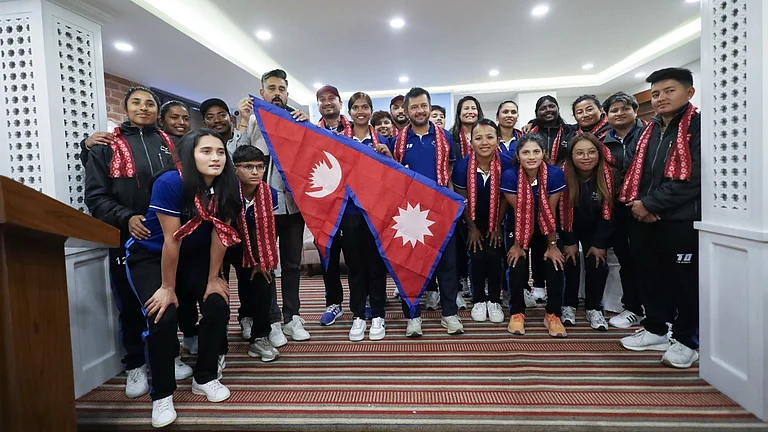The Delhi High Court introduced new guidelines as it allowed a 14-year-old girl to undergo MTP on January 25. The minor was 25 weeks pregnant and came from the family of construction workers. The court was informed that the teenage girl was sexually assaulted while her mother was away for work.
In the Minor R Thr Mother H v State of NCT of Delhi & Anr, the high court held guidelines which are to be followed by investigating officers in cases of pregnancy exceeding 24 weeks followed by sexual assault victims.
Taking over the proceedings of the court, Justice Swarana Kanta Sharma observed that the process of passing orders by a board for medical examinations of a sexual assault victim is time taking process that endangers the life of the victim. The detailed court order also mandated a Urine Pregnancy Test of a sexual assault victim at the time of medical examination.
“In case a minor victim of sexual assault is carrying a pregnancy, upon the consent of her legal guardian and desire of such legal guardian for termination of pregnancy, the victim will be produced before such Board,” the judge said. She added, “In case a minor victim is examined by such Board, an appropriate report will be placed before concerned authorities so that if an order is being sought regarding termination of pregnancy from the Courts, the Court concerned does not lose any more time and is in a position to pass an order on the same expeditiously.”
The bench noted that as per Sections 3(2C) and 3(2D) of the MTP Act the State government or union territory must ensure that medical boards are constituted in the hospitals. Therefore, ordering the Centre and state government to ensure the mandates are complied with, a Bar & Bench report said. Furthermore, the Ministry of Health Affairs, the Government of NCT of Delhi, and the Union Ministry for Health Affairs were directed to comply with the directions within two months.
It was highlighted that the law does not provide for termination of pregnancies over the gestational age of 24 weeks (except in case of detection of substantial fetal abnormalities), therefore the constitutional courts can use their extraordinary powers to allow termination of such pregnancies.
The judge upheld a female's invariable right to make reproductive choices and in the case of sexual assault, denying a woman the right to MTP would equate to denying her human right to live with dignity. "A woman has a right in relation to her body which includes saying 'Yes' or 'No' to being a mother. Termination of pregnancy in cases, like the present one, cannot be reduced merely to be defined as the right of a woman sexually assaulted, but also to be recognized as a human right, as it affects the dignified existence of a victim if the same is not permitted,” the Court said.
Taking into account the financial background of the victim and her family, the Court directed the local Station House Officer (SHO) to enroll the child in a school and asked the Secretary (DSLSA) to counsel the family about their rights. Justice Sharma also instructed the Delhi State Legal Services Authority (DSLSA) to design an outreach program for construction site workers in the city in order to make them informed about their right to education.
“The students of law colleges and other colleges under their program of Socially Useful Productive Work (SUPW) can arrange some programmes at construction sites, the students can volunteer for such purpose and can educate them about their educational rights and may pass their own creative skills as well as basic education to them,” the Court said.
To ensure the implementation of the aforementioned instructions, the bench directed the registry to forward a copy of the order to DSLSA, Delhi Police Commissioner as well as the Centre and Delhi government for taking note of its contents and ensuring compliance.


























